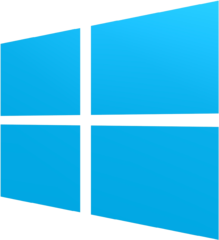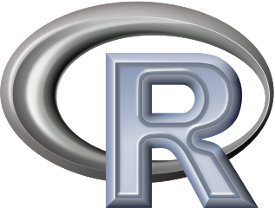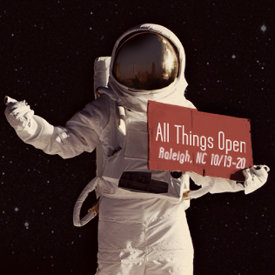 Who would ever think that Capital One, the what’s-in-your-wallet folks, would want to get serious about becoming an open source software developer? After all, it’s a banking institution, and while it’s not hard to imagine a bank would be developing some back end tools to be used in-house or by its clients, it’s not expected that it would spend big bucks publicizing these tools at OSCON.
Who would ever think that Capital One, the what’s-in-your-wallet folks, would want to get serious about becoming an open source software developer? After all, it’s a banking institution, and while it’s not hard to imagine a bank would be developing some back end tools to be used in-house or by its clients, it’s not expected that it would spend big bucks publicizing these tools at OSCON.
Even more amazing: The application Cap One is unveiling with much fanfare isn’t something designed to help potential clients interact with the bank’s network, but is a developers’ tool. Called Hygieia, after the Greek goddess of health, it’s a dashboard that ties together data from a variety of tracking tools commonly used by software developers and presents them on a single screen.
Christine Hall has been a journalist since 1971. In 2001, she began writing a weekly consumer computer column and started covering Linux and FOSS in 2002 after making the switch to GNU/Linux. Follow her on Twitter: @BrideOfLinux


 We learned of this on Friday through Tim Anderson at The Register, who supplied
We learned of this on Friday through Tim Anderson at The Register, who supplied 
 The trolls are still at it. In spite of the fact that the Supreme Court was busy ruling against them last year — between January and June it ruled against patent holders six times — the number of cases being brought by non-practicing entities (NPE), which is one measure of a troll, continues to rise. According to a report published in June by patent defense organization
The trolls are still at it. In spite of the fact that the Supreme Court was busy ruling against them last year — between January and June it ruled against patent holders six times — the number of cases being brought by non-practicing entities (NPE), which is one measure of a troll, continues to rise. According to a report published in June by patent defense organization 
 MS Writes a Check: Well, this was probably inevitable. With a generous donation, Microsoft has become a gold contributor to the OpenBSD project — the first gold contributor — in an effort to get OpenBSD’s help in porting OpenSSH to Windows. This comes from a
MS Writes a Check: Well, this was probably inevitable. With a generous donation, Microsoft has become a gold contributor to the OpenBSD project — the first gold contributor — in an effort to get OpenBSD’s help in porting OpenSSH to Windows. This comes from a 

 It inspires awe how quickly Friday comes along — one minute I’m talking stories for publication with my colleagues Ken Starks and Christine Hall, and the next thing I know, deadlines are poking me in the shoulder and saying, “Well…?”
It inspires awe how quickly Friday comes along — one minute I’m talking stories for publication with my colleagues Ken Starks and Christine Hall, and the next thing I know, deadlines are poking me in the shoulder and saying, “Well…?”

